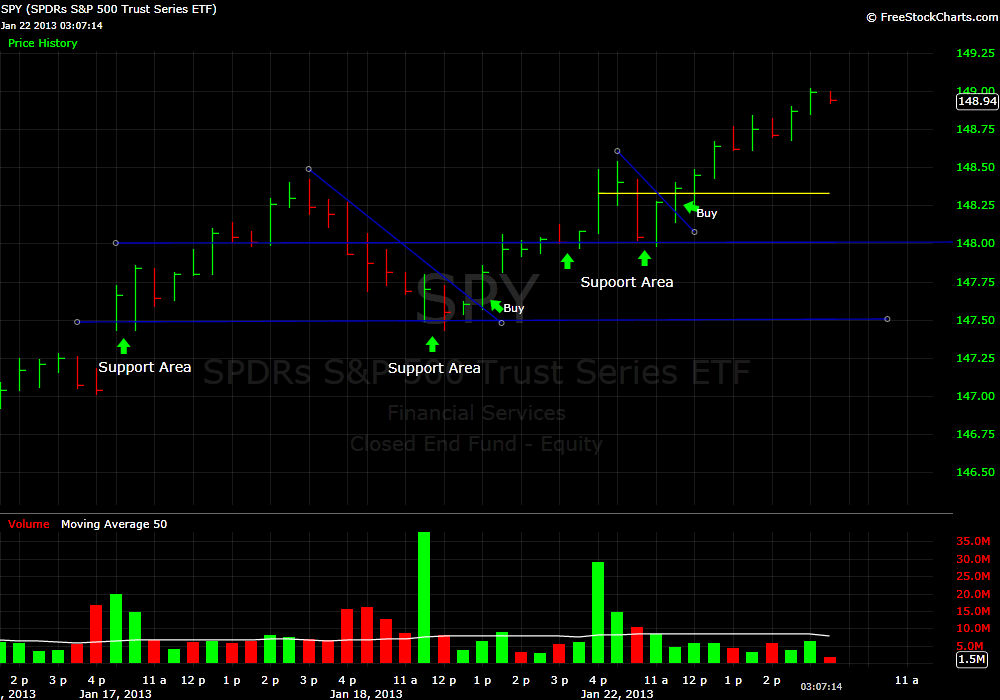In high school I was captain of the Mathletes. Once a month we would travel to other schools and compete against their top math geeks. Many of the problems we were asked to solve appeared to be complex but often contained what were simple solutions. In math and in nature things that appear highly complex often can be reduced to simple formulas such as E=mc2.
Trading is no different at times. People will look at the market’s price action and try to account for so many variables they will come up with impossibly complex solutions destined to lose money. Trades that appear to be too simple to work quite often will. The question is do you have a methodology to identify the “simple trades” that tend to work in current market conditions?
I shot an email to our desk over the weekend which contained these sentences.
There is a reason stocks like INTC and MSFT are never discussed in the AM Meeting. Stocks that move 40 cents offer very little opportunity for our time frame and style of trading. If you want to trade a stock that doesn’t move make one trade a day in the SPY. For example, buy at the prior days support and risk 10 cents and try to catch a 50 cent move. In a low volatility environment with a strong bias this is a good trade.
The SPY setup presented itself again today when it pulled in to Friday afternoon’s support of 148. Some chose to take the trade with a stop below 147.90. Too simple, right? Nope. Low tick was 147.98 and it closed at 149ish. I’m constantly fascinated by the dozens of stocks our desk trades each day and the multitude of setups. And the first question I will ask an under performer is why haven’t you attempted to master the most basic setups? Of course, I am setting them up as my hope is they will realize as they make money on the simple stuff that there are no magic formulas in trading. The basics work fine if executed consistently with logical risk management.
The annotations on the chart below suggest possible entries for an automated “countertrend” strategy. For a manual discretionary trader initiating a position at the support area is preferable.
Steven Spencer is the co-founder of SMB Capital and SMB University and has traded professionally for 16 years. His email is [email protected].
No relevant positions


